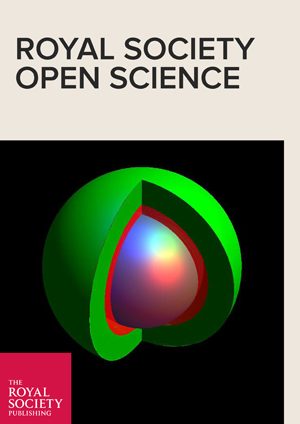
Citation data and journal impact factors are important components of faculty dossiers and figure prominently in both promotion decisions and assessments of a researcher’s broader societal impact. Although these metrics play a large role in high-stakes decisions, the evidence is mixed about whether they are strongly correlated with indicators of research quality. In this article, Michael R. Dougherty and colleagues used data from a large-scale dataset comprising 45,144 journal articles with 667,208 statistical tests and data from 190 replication attempts to assess whether citation counts and impact factors predict three indicators of research quality: (i) the accuracy of statistical reporting, (ii) the evidential value of the reported data and (iii) the replicability of a given experimental result.
Both citation counts and impact factors were weak and inconsistent predictors of research quality, and sometimes negatively related to quality. These findings raise the possibility that citation data and impact factors may be of limited utility in evaluating scientists and their research. The authors discuss the implications of these findings in light of current incentive structures and discuss alternative approaches to evaluating research.
0 Comments
Leave A Comment